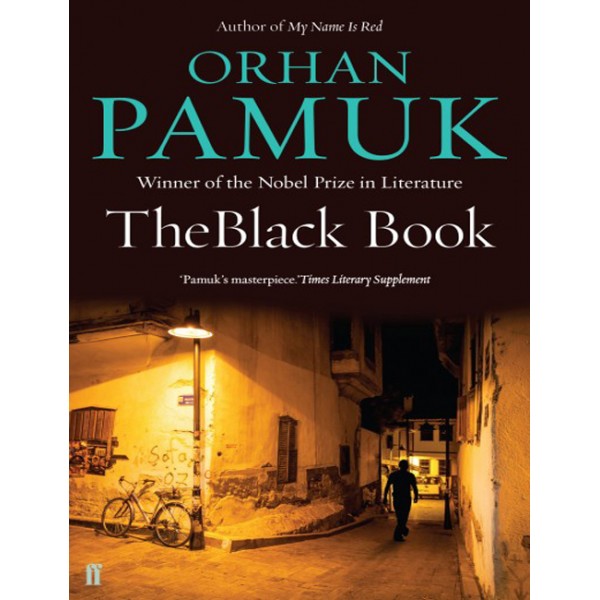Sometimes such films serve purely utilitarian purposes – they help to “while away the evening” for a lonely bachelor or they are used to give a new impetus to a new or obsolete relationship between the two partners 🙂
Nowadays, the existence of such films has become familiar and self-evident for us, but everything in this regard was not so simple, and on this occasion I will soon cite the book of Theodore Roshak “Flicker”.
The experienced moviegoers may have noticed that if in European films it is quite in the order of things to see a hero or heroine with a bush of vegetation in the appropriate place on the screen, then in sterile American films everything looks somehow much more aesthetically pleasing, and while the conversations of the heroes seem monstrous cheeky in an usual American way, still cheeky in non-specialized cinema the angles and timing of shooting such erotic scenes will be verified to the millimeter.
So, let’s move after the hero-protagonist of the novel “Flicker” to Central California, USA, to 1958.
I had a natural youthful interest in the mysteries of sexuality. But American films could not satisfy my curiosity – on the contrary, they instilled in me absolutely wrong ideas about women. On the screen every now and then the heroines of chaste purity flashed – Audrey Hepburn, Grace Kelly, Deborah Kerr – they seemed to be born in clothes and could not even imagine that lovemaking could go beyond the innocent touch of dry lips. Anything below the collarbone and above the kneecap was automatically excluded by the Legion of Decency (1934-1975).
Even Marilyn Monroe always seemed to me like a clockwork doll – it seemed to me that at the end of filming she was put into the closet, where special props are kept.
But one day the hero and his friends from the graduating class of school were lucky: “staggering on Saturday in one of the decent quarters”, they noticed a poster of the film “Lovers” by the French director Louis Malle at one of the cinemas.
For me, this film gave the camera a reason to demonstrate in all their splendor the intimate details of the adultery scene. A man and a woman in bed, in a bathroom … The ease with which a man and a woman did all this. So indifferent, so businesslike … And no blurry frames or light spots for you. The film seemed to say: such spicy details are commonplace in adult life. And there is nothing to be surprised at. Don’t all of us viewers know about this?
That is why the future film fan became so carried away by French and Italian cinema, as opposed to his own domestic, too sterile American.
Well, in general, are they really needed – the frank love scenes on the screen?
This is what the Turkish writer Orhan Pamuk writes in his “Black Book” about an incident that happened to one of his heroes, according to my estimates, around 1965.
I watched in an old movie theater the old American detective film “Red Light”, which was filmed maybe even before the movie theater was built. There was a kissing scene in the film – the most common one, no different from those that can be seen in other black-and-white films, and besides, it was also cut down by our censorship to four seconds… However, when I saw it, I wanted so badly to kiss the woman, to press my lips to the woman’s lips, that I even took my breath away. I was twenty-four years old, but I hadn’t kissed anyone yet. That is, I, of course, have been to the brothels, but the women never kissed on the lips there, and besides I had no desire to kiss them either.
So that impulse imperiously pushes the hero out of the cinema even before the end of the film, and he, as if possessed, begins his wandering through the streets of Istanbul, for some reason quite sure that somewhere in the city there is a woman who, in turn, also dreams of kissing him .. …
He recalls some of his old acquaintances girls and, trying to restore their address in his memory, rushes chaotically around the city … Gradually, the desire for a kiss became so obsessive that it already occurred to him to forcefully kiss some woman, and then do pretending that he made a mistake …
You see how powerful movie magic can be without any gimmicks like explicit scenes …





